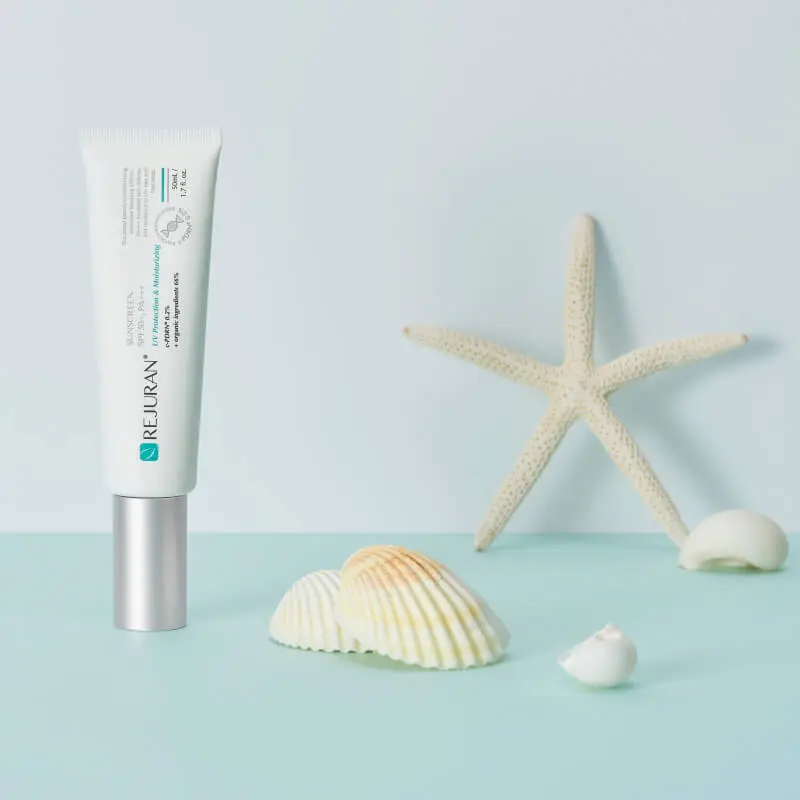How Sun Damage Affects Your Skin?
Nov 08,2024
While sun exposure is essential for vitamin D production, too much sun can cause damage to your skin. Prolonged exposure to harmful UV rays accelerates aging, leads to pigmentation issues and increases the risk of skin cancer. Understanding how sun damage affects your skin and how to protect it is the key to maintaining healthy and youthful skin.

The Impact of Sun Damage on Your Skin
- Premature Skin Aging
UV rays break down collagen and elastin in your skin, causing fine lines, wrinkles and loss of firmness. Over time, this can lead to visible signs of aging, including sagging and rough texture. - Hyperpigmentation
Sun exposure triggers melanin production, which can result in dark spots and uneven skin tone. Conditions like melasma can also develop, leaving persistent pigmentation issues. - Increased Risk of Skin Cancer
Chronic sun exposure damages the DNA in skin cells, which can lead to skin cancers like melanoma, basal cell carcinoma and squamous cell carcinoma over time.
How to Protect Your Skin from the Sun
- Use Sunscreen Daily
Apply a broad-spectrum sunscreen with SPF 50 or higher every morning. Reapply every two hours, especially when you're spending time outdoors. This helps to protect against both UVA and UVB rays. - Wear Protective Clothing
Wear hats, sunglasses and long sleeves to shield your skin from the sun. Clothes with UV protection (UPF-rated) can provide an additional layer of defence. - Reapply After Swimming or Sweating
Reapply sunscreen after swimming or sweating, even if using a water-resistant formula, to ensure ongoing protection.
Repairing Sun-Damaged Skin
If your skin has already been damaged by the sun, these ingredients can help repair it:
- Vitamin C
Vitamin C neutralizes free radicals from UV exposure, reduces dark spots and stimulates collagen production for firmer, more even skin. - Niacinamide
Niacinamide helps fade dark spots, improve skin texture and reduce inflammation. It’s ideal for calming irritated skin. - Retinoids
Retinoids boost collagen production and speed up skin cell turnover, helping to reduce wrinkles and fade pigmentation caused by sun damage.
Conclusion
Sun damage is a major cause of premature aging, pigmentation, and skin cancer. Protecting your skin with sunscreen, seeking shade and wearing protective clothing are the best ways to prevent damage. If your skin is already affected by the sun, ingredients like vitamin C, niacinamide, and retinoids can help repair and rejuvenate your complexion. With the right care, you can maintain healthy, radiant skin.
.jpeg?w=1400&h=650)


